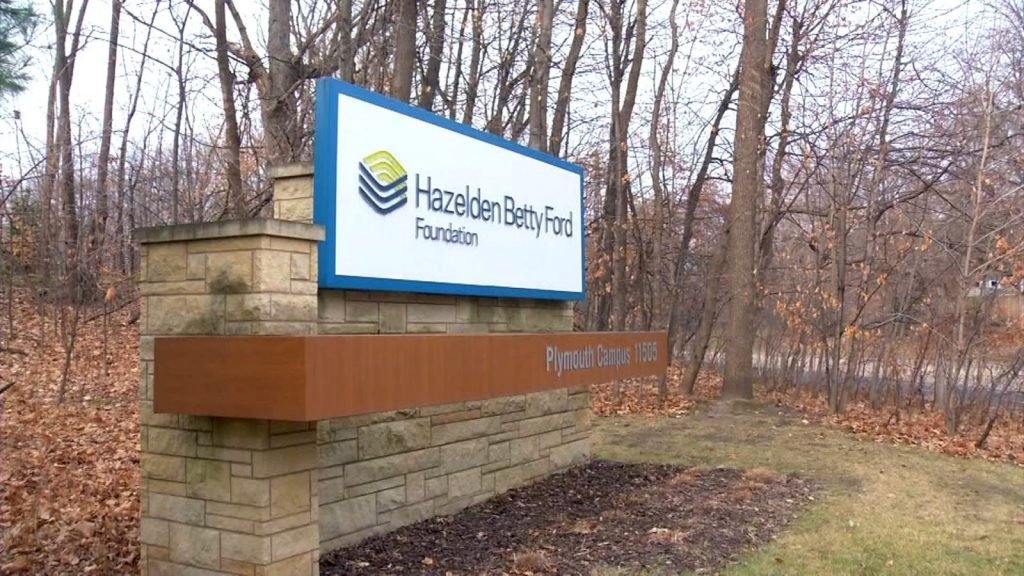New Partnership with Anoka-Hennepin Schools Tackles Addiction, Mental Health
The Anoka-Hennepin School District has a new partnership to combat increasing substance abuse and mental health issues among its students.
For months, students have had limited in-person instruction due to COVID-19 restrictions. But the shift in learning seems to be causing another crisis.
“We know that substance use is on the rise,” said Colleen O’Neil, chemical health prevention specialist for Anoka-Hennepin schools. “I think for us who work in the field, I think we need to prepare ourselves.”
O’Neil said the rise of substance abuse is often associated with anxiety, loneliness and other types of mental health issues.
“I think when we get back to what we know to be normal, I think we’re going to see an increase in the number of students that find themselves addicted to some sort of substance, that they normally would not have had,” O’Neil said.
A Partnership with Hazelden Betty Ford
As a safety net, the school district recently partnered with the Hazelden Betty Ford Foundation, which has 17 treatment locations across the country, including Plymouth and Maple Grove. The addiction and mental health treatment provider will assign a licensed clinical professional to conduct school-based screenings and assessments of high school students who may be experiencing issues related to substance abuse and mental health.
A Hazelden Betty Ford professional will also make appropriate referrals to care and community resources, and connect with families and school professionals to aid in support of students. Additionally, Hazelden Betty Ford will make its many education and prevention resources available to the school district.

Signs of Mental Health Issues
Cindy Doth, the school and outreach manager for Hazelden Betty Ford, said roughly 47% of students nationwide are experiencing major depression.
“Oftentimes, some of the initial signs might be change in grades, change in attendance within school settings, parents may also identify different eating patterns,” explained Doth.
Doth clarifies that while Hazelden has a treatment facility, they aren’t at the schools to treat students. Instead, they’re really there to offer support and resources.
“In order for our students to be as successful as they can be, we need to make sure we have everything in place to support them, in all areas,” said O’Neil.



